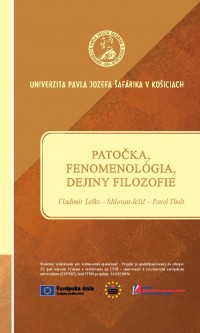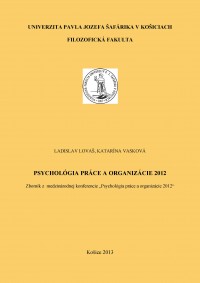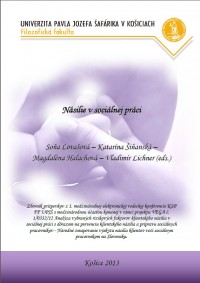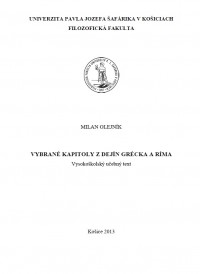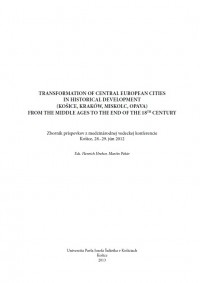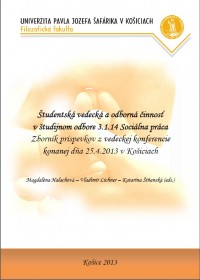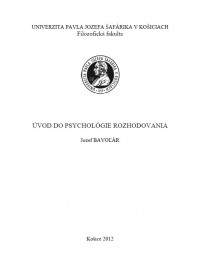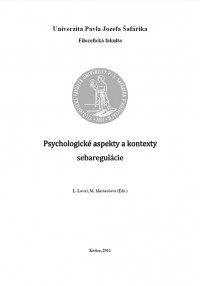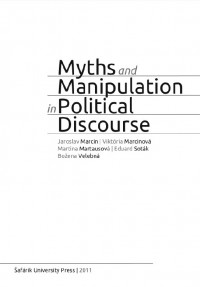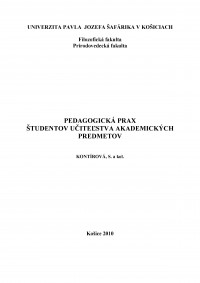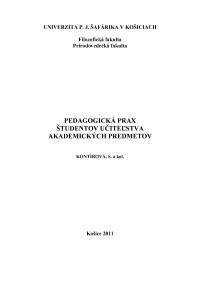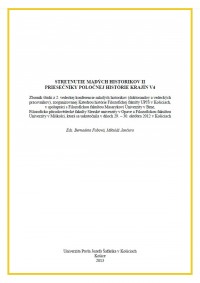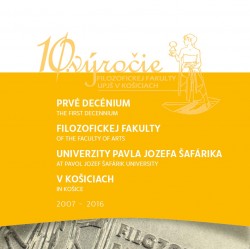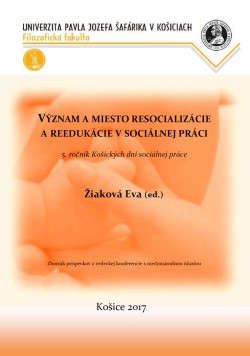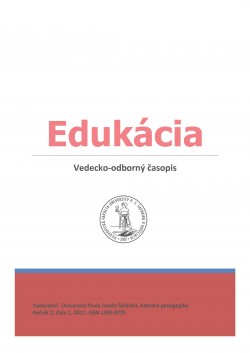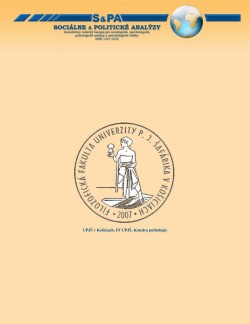No products
Product successfully added to your shopping cart
There are 0 items in your cart. There is 1 item in your cart.
Extrémizmus a radikalizácia v sociálnych kontextoch
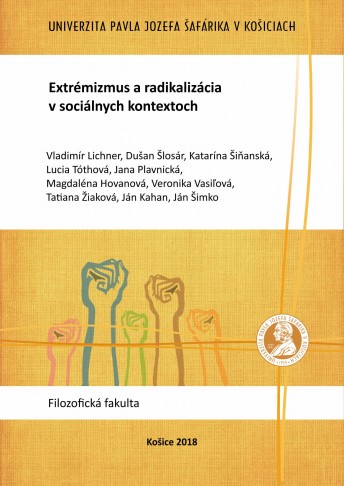
Vladimír Lichner • Dušan Šlosár a kol.
Online only
978-80-8152-659-6
E - book for free download
Kľúčové slová:
Data sheet
| Contributions: | Vladimír Lichner • Dušan Šlosár • Katarína Šiňanská • Lucia Tóthová • Jana Plavnická • Magdaléna Hovanová • Veronika Vasiľová • Tatiana Žiaková • Ján Kahan • Ján Šimko |
| Year of publication: | 2018 |
| Available from: | 20.11.2018 |
| Edition: | 1st edition |
| Document type: | Monograph |
| Publication language: | Slovak |
| Number of pages: | 139 |
| Faculty: | Faculty of Arts |
| Department: | Department of Social Work |
More info
It is very difficult to refer to any act of extremism or action having extremist characteristics, or to exclude it unambiguously. The boundary between extremism and accepted, conformal behavior is very broad and vaguely worded. Each company tends to set certain criteria to determine what can be considered as unwanted, violent, radical or extreme, or what signs of such a manifestation do not have. Therefore, when comparing the individual countries of the European Union in this area, we come across a different definition of what is or is not considered to be radical or extremist. In essence, the level of tolerance to some of the manifestations and the setting of indicators for the evaluation of the proceedings as extremist.
The presented monograph aims to present the basic social contexts of extremism and radicalization in the form of their philosophical and theoretical backgrounds, influencing the factors, the basic directions. In the author's work, the authors focus on the target group of adolescents, which they consider to be one of the most endangered groups in society in terms of development of the radicalization process. At the conclusion of the monograph is also offered the criminal level of these phenomena, which is not unavoidable in terms of complex analysis.





